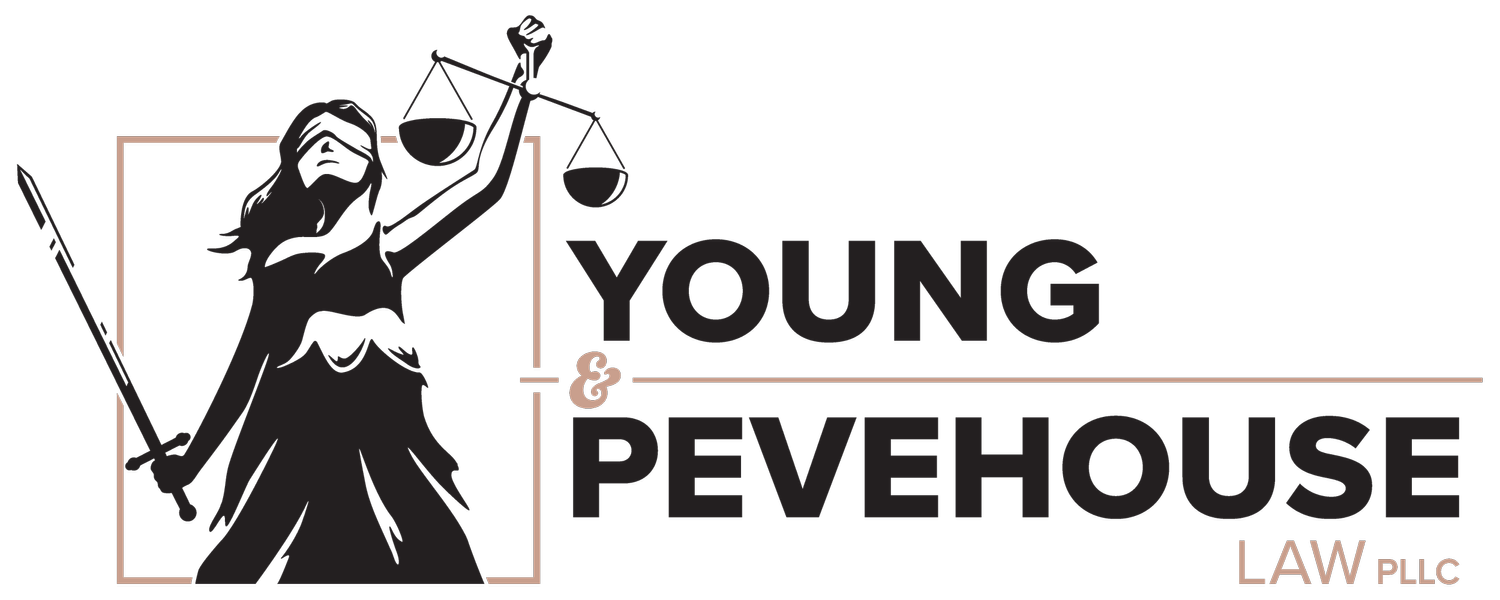Navigating Legal Requirements for Women Entrepreneurs
1. Understand Anti-Discrimination Laws
As a woman entrepreneur, it's important to be aware of anti-discrimination laws that protect you and your employees. Key laws include:
Title VII of the Civil Rights Act of 1964: Prohibits employment discrimination based on race, color, religion, sex, or national origin.
Equal Pay Act of 1963: Requires that men and women be given equal pay for equal work in the same establishment.
Pregnancy Discrimination Act: Protects against discrimination based on pregnancy, childbirth, or related medical conditions.
Ensure your hiring, promotion, and workplace policies comply with these laws to foster an inclusive and fair work environment.
2. Choose a Business Structure that Supports Your Goals
Selecting the right business structure is crucial for liability protection, tax implications, and growth potential. Consider the following options:
Sole Proprietorship: Easy to set up and manage, but offers no personal liability protection.
Partnership: Shared ownership and responsibilities, but partners are personally liable for business debts.
Limited Liability Company (LLC): Offers liability protection and flexible management, making it a popular choice for small businesses.
Corporation: Provides strong liability protection and easier access to capital but involves more regulatory requirements.
Consult with a business attorney to choose the best structure for your business goals and needs.
3. Register as a Women-Owned Business
Consider obtaining certification as a Women-Owned Small Business (WOSB) or an Economically Disadvantaged Women-Owned Small Business (EDWOSB). Certification can provide access to government contracts, grants, and funding opportunities specifically designated for women-owned businesses. To become certified:
Self-Certification: Register with the Small Business Administration (SBA) and submit the necessary documentation.
Third-Party Certification: Obtain certification through an SBA-approved third-party certifier.
Certification can enhance your business's credibility and open doors to new opportunities.
4. Comply with Employment Laws
Understanding and complying with employment laws is critical to managing your workforce legally and ethically. Key areas to focus on include:
Wage and Hour Laws: Ensure compliance with the Fair Labor Standards Act (FLSA) regarding minimum wage, overtime pay, and record-keeping requirements.
Worker Classification: Properly classify workers as employees or independent contractors to avoid legal issues related to benefits, taxes, and labor rights.
Workplace Safety: Adhere to Occupational Safety and Health Administration (OSHA) regulations to maintain a safe working environment.
Employee Benefits: Understand your obligations under the Employee Retirement Income Security Act (ERISA) and other laws related to employee benefits.
Consult with an HR professional or employment attorney to ensure your policies and practices comply with all applicable laws.
5. Secure Funding and Financial Support
Women entrepreneurs often face unique challenges in securing funding. Explore various financing options, including:
Small Business Loans: Apply for loans from banks, credit unions, or online lenders. The SBA offers loans specifically for women-owned businesses.
Grants: Research and apply for grants available to women entrepreneurs. Organizations like the Amber Grant and Cartier Women's Initiative offer grants to support women-owned businesses.
Angel Investors and Venture Capital: Seek out investors who are interested in supporting women-led businesses. Pitch your business to angel investors or venture capital firms that focus on women entrepreneurs.
Crowdfunding: Utilize crowdfunding platforms like Kickstarter, Indiegogo, or GoFundMe to raise funds from a large number of people.
Prepare a strong business plan and financial projections to increase your chances of securing funding.
6. Protect Your Intellectual Property
Safeguarding your intellectual property (IP) is essential to prevent others from using your ideas and creations without permission. Key steps include:
Trademarks: Register your business name, logo, and slogans with the USPTO to protect your brand identity.
Copyrights: Protect original works of authorship, such as written content, artwork, and software, by registering them with the U.S. Copyright Office.
Patents: Secure patents for inventions and proprietary processes to prevent others from making, using, or selling your innovations without permission.
Trade Secrets: Implement measures to protect confidential business information, such as formulas, processes, and customer lists, from being disclosed or used without authorization.
Work with an IP attorney to develop a comprehensive strategy to protect your intellectual property.
7. Develop and Implement Comprehensive Contracts
Having the right contracts in place is crucial to protecting your business interests and managing relationships with clients, suppliers, and partners. Key contracts include:
Service Agreements: Clearly outline the terms and conditions of the services you provide to clients.
Supplier Contracts: Define the terms of your agreements with suppliers, including delivery schedules, payment terms, and quality standards.
Partnership Agreements: Establish the roles, responsibilities, and profit-sharing arrangements with business partners.
Non-Disclosure Agreements (NDAs): Protect sensitive business information from being disclosed by employees, contractors, and partners.
Employment Contracts: Specify the terms of employment, including job responsibilities, compensation, and termination conditions.
Consult with a business attorney to draft and review contracts tailored to your specific needs.
8. Stay Informed and Seek Professional Advice
Laws and regulations affecting businesses are constantly evolving. Stay informed about legal changes that could impact your business by:
Joining Professional Organizations: Become a member of organizations like the National Association of Women Business Owners (NAWBO) to access resources, networking opportunities, and updates on relevant legal issues.
Attending Workshops and Seminars: Participate in events and training sessions to enhance your knowledge of business law and best practices.
Consulting with Professionals: Work with attorneys, accountants, and business advisors to ensure you remain compliant with legal requirements and make informed decisions.
By staying informed and seeking professional advice, you can navigate the legal landscape with confidence and focus on growing your business.
Navigating legal requirements as a woman entrepreneur can be challenging, but with the right knowledge and resources, you can build a strong and compliant business. By understanding and addressing these legal considerations, you can protect your business, support your employees, and position yourself for long-term success.

